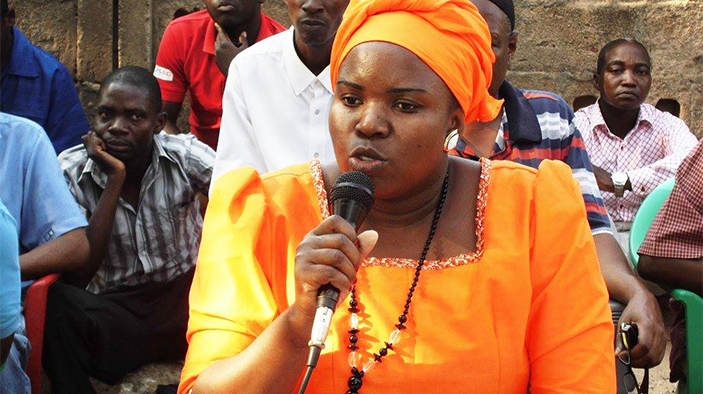Mozambique—Democratic Governance Support Programme (DIÁLOGO)
Client: Foreign, Commonwealth & Development Office
Duration: 2012-2017
Region: Sub-Saharan Africa
Country: Mozambique
Solutions: Governance
The Democratic Governance Support Programme, or DIÁLOGO—Diálogo Local para a Boa Governação in Portuguese, improved governance and accountability for Mozambican citizens in urban municipalities, so that citizens—particularly women and youth—know more, engage more, and vote with confidence in their cities. DIÁLOGO worked at the municipal level in the cities of Beira, Maputo, Quelimane, Nampula, and Tete to bring community, media, and political, legislative, executive, and civil society actors together to solve their most immediate governance challenges. DIÁLOGO engaged with national policymakers, municipal assemblies, and local governments to improve accountability and responsiveness, while it worked to create realistic demand for local governance and greater engagement in the democratic process. DIÁLOGO also linked communities and their priorities into constructive national policy debates, policy analysis and research, and investigative journalism. We implemented DIÁLOGO with partners such as Cowi A/S, the Institute of Development Studies, the Electoral Institute for Sustainable Democracy in Africa, IREX, and the Civil Society Learning and Capacity Building Centre in Mozambique.

Sample Activities
- Deliver and manage grants to local independent media to integrate new technologies and address new audiences, with more informative locally developed content about the governance challenges and opportunities in their own communities.
- Help translate citizen demand into concrete policy level action by supporting locally driven research and advocacy activities.
- Develop and execute a rigorous monitoring and evaluation approach to effective program management and demonstrate value for money.
Select Results
- Created relationships between local governments and citizens, energised by a partner network of 220 community-based organisations and local nongovernmental groups, 4,859 community activists and individual agents of change (45 percent of whom are female), and 10 media outlets (local radio stations and newspapers).
- Enabled the municipal planning and budgeting models in Nampula, Quelimane, Beira, and Maputo to have direct citizen participation in defining annual priorities, and supported the adoption of innovative community problem-solving tools for addressing key issues such as water leaks, waste management, and primary health services.
- Supported the creation of hundreds of new social and economic infrastructure, which are now benefiting millions of people. Such projects include the improvement in waste management and hygiene conditions in health facilities and markets in Maputo and Tete and the construction of long-demanded access roads, water and electricity systems, health facilities, and markets in peripheral, low-income neighbourhoods of Quelimane, Beira, and Nampula.
RELATED CONTENT:
Nigeria—Support for Human Capital Development (HCD) 2.0
HCD 2.0 was approved by the National Economic Council in 2024, with the ambitious goal of positioning the country among the top 80 nations in the Human Capital Index ranking by 2030.
Read More